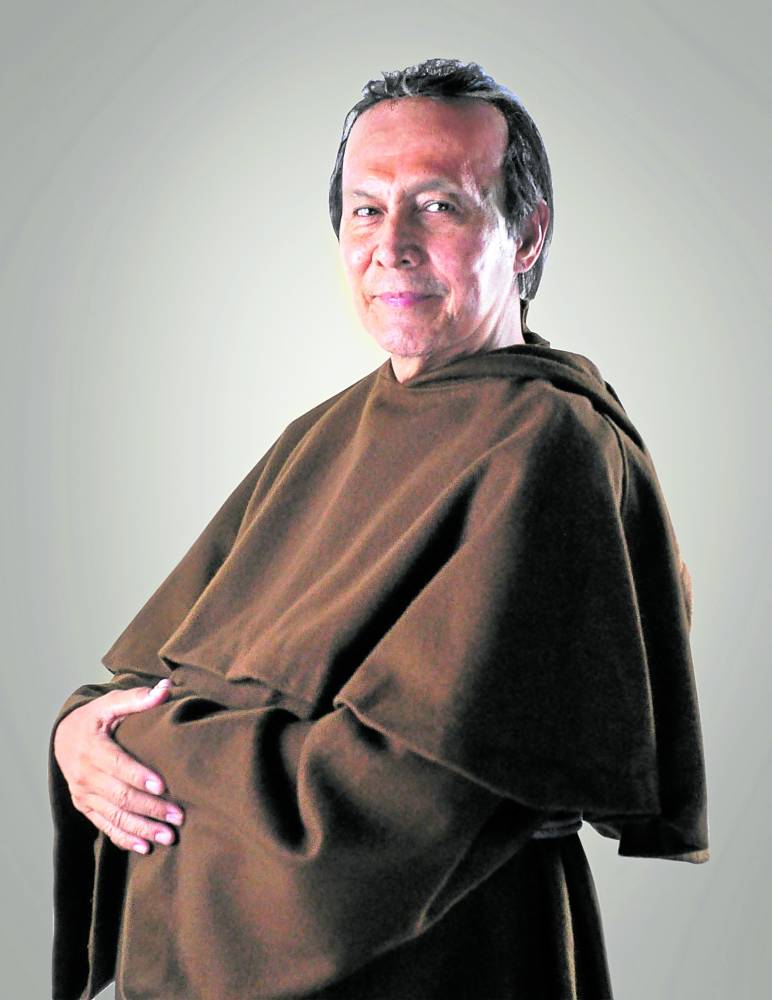
Cruz as Padre Damaso
To this day, Padre Damasos continue to walk among us.
That was one of Tirso Cruz III’s realizations portraying the greedy and nefarious Spanish friar in“Maria Clara at Ibarra”—the hit GMA 7 series based on Jose Rizal’s “Noli Me Tangere” and “El Filibusterismo.”
Over the years, the said character has become synonymous with authority figures who abuse their power and oppress others for personal gain.
“Marami pa ring mga Padre Damaso sa panahon ngayon. I’m sure all of you will agree. But some of them are wolves in sheep’s clothing. They’re good at hiding their dark intentions,” he told the Inquirer in a virtual conference.
While the award-winning veteran actor is knowledgeable about the story of “Noli” and “El Fili,” it wasn’t until he played Damaso that he fully understood the kind of influence the character wielded, and how he exploited people’s beliefs and deference to authority.
“Filipinos by nature are God-fearing. So when we see people in religious habits, we give them respect, listen to them and believe what they say,” Tirso said.
“When I think about it during taping, I’m like, ‘Ganito pala ang power ng isang kagaya ni Damaso. I didn’t realize that this was the kind of influence he had on people around him because they saw him as a man of God—that was his coverup. And it took a while before people saw the real him,” he said.
As such, playing Damaso was quite the challenge.
“It was hard and interesting at the same time. You’re portraying someone who’s far from who you are, but you have to give life to it and perform properly. ‘Di puwedeng acting-acting lang. When I’m on the set, I’m Padre Damaso. You can’t be complacent, because you’re working with gifted actors and writers,” Tirso related.
“I’m thankful I got to play this role,” said the award-winning actor, who currently heads the Film Development Council of the Philippines. “And in a way, I’m happy that people are annoyed by my performance. That means I’m doing the job right.”
‘More authentic’
The fact that he had to deliver some of his lines in Spanish made the job even trickier.
“I had to study Spanish. Usually, we would just do the first two lines of our monologues in Spanish, but at times, we’re asked to do whole paragraphs to make the scenes feel more authentic. So we try as much as possible to say our lines with the right accent and expressions,” he said. “It’s fun and challenging.”
Beautiful ideas
Fortunately, he said, Tirso received some much needed guidance from director Zig Dulay. “His approach is innovative and daring in so many ways. When you first meet him, you won’t notice anything out of the ordinary. But once you observe how he works, you will be surprised by how beautiful his ideas and shots are once executed,” he said.
“He’s in tune with how we deliver our emotions and carry out our movements; he tells us if we need to add something or tone things down,” he added. “He’s very calm and collected. You won’t hear him shout. But his work really is impressive.”
But more than anything, Tirso’s fulfillment comes from knowing that “Maria Clara at Ibarra” has been making a positive impact on young people. “It’s an honor to be part of this show, because first and foremost, it’s written by our National Hero, Jose Rizal. That alone is enough reason to do this. Breathing life into a character he wrote is a big deal,” he said.
“I have also been getting feedback from parents, saying that their children are now developing a deeper interest in the books and the story. For me, our job as actors is not only to entertain people, but also to do projects that are educational, projects that will uplift people’s appreciation for better content,” Tirso said. INQ